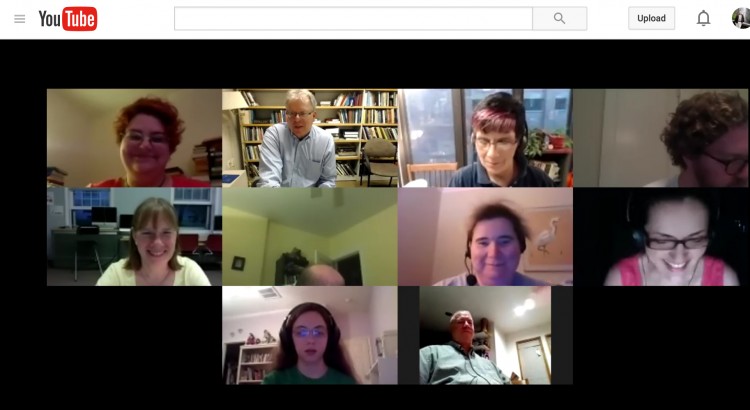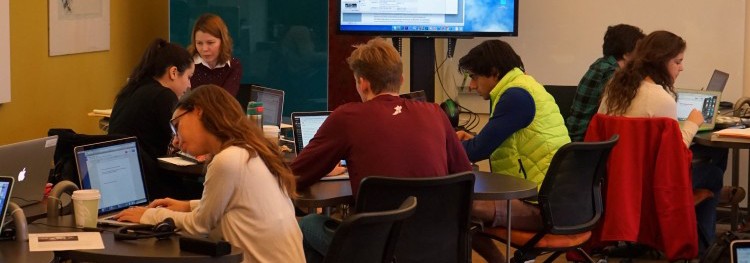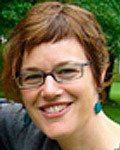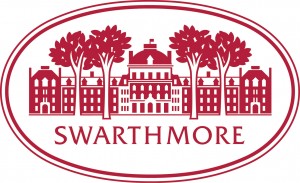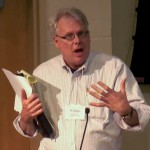
At the June LACOL workshop, Swarthmore Classics Professor William Turpin gave a presentation during the Adaptive Learning breakout on his investigations into various digital tools to support students with learning and practice of Latin and Greek. As shown in the short slideshow below, Turpin is experimenting with platforms such as Fluenz and Smart Sparrow which offer a variety of modes for presenting interactive content and adaptive drills to students.
Alongside presentations from two other speakers in the session, Turpin’s experiments sparked a robust Q&A on the useful applications for supporting student learning through adaptive tools, and also concerns regarding data and content portability when considering the use of proprietary software. It is clear that the promises and potential pitfalls of adaptive learning for the liberal arts will remain a keen focus of interest for the Consortium.
https://youtu.be/c3A7XRqExLc
Slides (no audio) from William Turpin’s investigations into adaptive tools for Latin learning.

